Most stock markets in the Gulf were subdued in early trading on Tuesday on falling oil prices as traders worried about supply ticking up later in the year amid signs of weakening US demand.
Oil prices, a catalyst for the Gulf’s financial markets, declined more than 1%, with Brent trading at $77.34 a barrel by 0800 GMT.
OPEC+ on Sunday agreed to extend most of their oil output cuts into 2025 but left room for voluntary cuts from eight members to be gradually unwound from October.
Saudi Arabia’s benchmark stock index slipped 0.7%, dragged down by losses in most sectors. Saudi National Bank, the kingdom’s largest lender, dropped 2% and ACWA Power slid 1.1%.
The private utility firm, ACWA, has signed a share purchase agreement to sell 30% of its stake in Petro-Rabigh’s IWSPP power plant to Hassan Investment for 844 million riyals ($225.04 million).
Among other decliners, Saudi Aramco shed 0.9% in early trading.
Elsewhere, Sweden’s Seventh AP Fund has blacklisted Aramco and six other companies from its portfolio all due to large-scale operations within oil extraction or coal production.
Dubai’s benchmark stock index was down 0.3%, pressured by losses in industry, real estate and consumer discretionary sectors with tolls operator Salik Company dropping 2.1% and Emaar Properties sliding 1.2%.
Saudi bourse leads Gulf markets higher; Egypt extends decline
Meanwhile, the blue-chip developer Emaar has announced 1.5 billion dirhams ($408.45 million) investment to expand Dubai Mall, introducing 240 new luxury retail and dining options.
The Abu Dhabi benchmark index eased 0.2%, with the conglomerate International Holding Company shedding 0.5% and Abu Dhabi Islamic Bank sliding 1.3%.
The Qatari benchmark index edged up 0.5%, supported by a 0.2% rise in Qatar National Bank, the region’s largest lender, and a 0.7% gain in Industries Qatar.



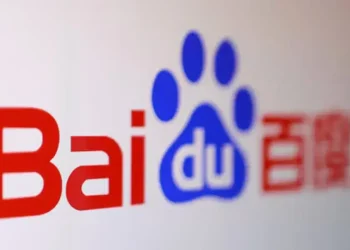
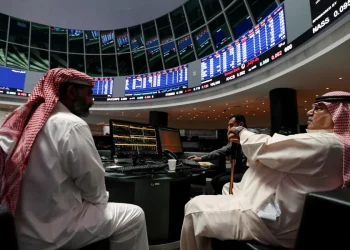
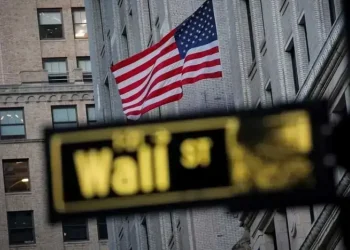
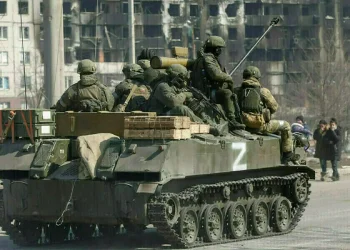
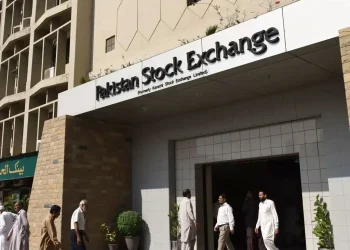
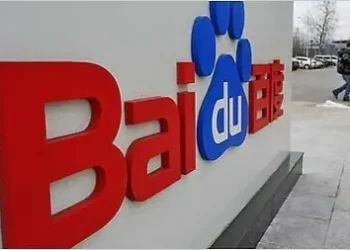

 American Dollar Exchange Rate
American Dollar Exchange Rate